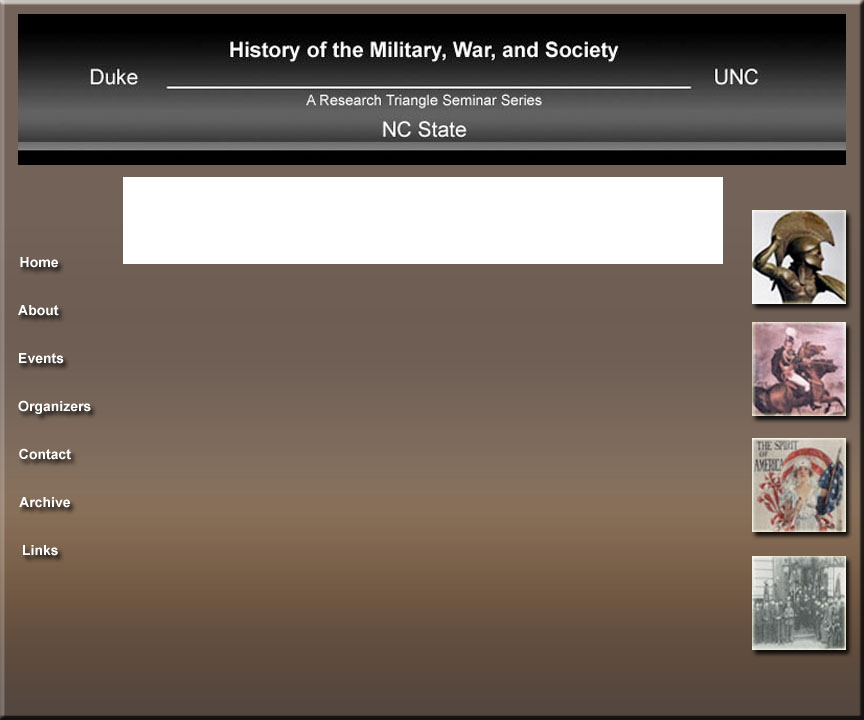
|
March 21, 2008 Michael Sherry (Northwestern University) Go Directly to Jail: The Punitive Turn in American Life The United States has undertaken a striking punitive turn in the past forty years. It has been evident in a shift from rehabilitation to punishment in criminal justice, soaring incarceration (once in line with other western societies in that regard, the United States now far outpaces nearly every nation), an endless "war on drugs," successive sex-crime panics, the militarization of American borders, the spread of punitive norms like "zero tolerance," surveillance already mushrooming before 9/11, and self-righteous rhetoric about crime and immorality and evident in President George W. Bush's promise to "rid the world of evil," the punitive thrust of U.S. war-making, and an official embrace of torture. On a subject yielding myriad explanations most by social scientists and legal experts, but not historians, this lecture emphasizes two: Among its sources, the punitive turn reflected the inward shift after the 1960s of America’s long-running militarization. And post-9/11 U.S. policy reflected not only external threats, but a political culture becoming more punitive for decades. The Bush presidency was its logical if extreme product. Michael Sherry is the Richard W. Leopold Professor of History at Northwestern University. His research focuses on the history of war, politics, and culture in twentieth century America. His books are: Preparing for the Next War: American Plans for Postwar Defense, 1941-45 (New Haven, 1977); The Rise of American Air Power: The Creation of Armageddon (New Haven, 1987), which won the Bancroft Prize in 1988; In the Shadow of War: The United States since the 1930s (New Haven, 1995); and Gay Artists in Modern American Culture: An Imagined Conspiracy (Chapel Hill, 2007). He is currently embarked on a project entitled Go Directly to Jail: The Punitive Turn in American Life. |